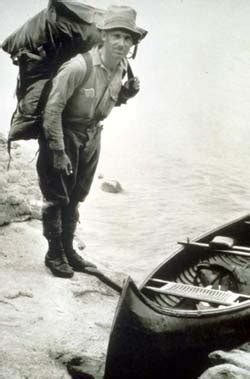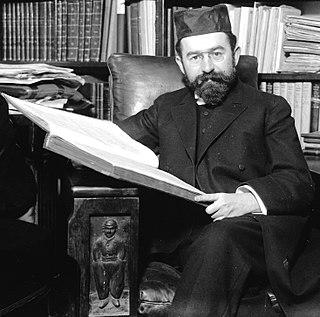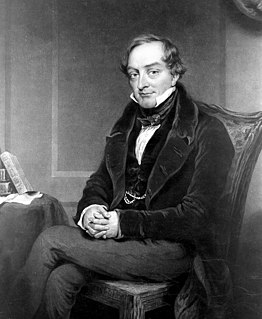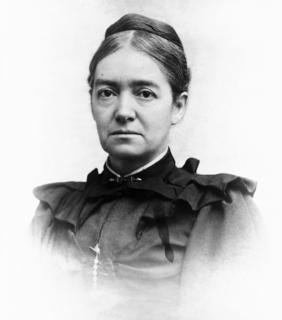A Quote by Harriot Kezia Hunt
... these great improvements of modern times are blessings or curses on us, just in the same ratio as the mental, moral, and religious rule over the animal; or the animal propensities of our nature predominate over the intellectual and moral. The spider elaborates poison from the same flower, in which the bee finds materials out of which she manufactures honey.
Related Quotes
And now you ask in your heart, ‘How shall we distinguish that which is good in pleasure from that which is not good?’ Go to your fields and your gardens, and you shall learn that it is the pleasure of the bee to gather honey of the flower, But it is also the pleasure of the flower to yield its honey to the bee. For to the bee a flower is a fountain of life, And to the flower a bee is a messenger of love, And to both, bee and flower, the giving and the receiving of pleasure is a need and an ecstasy. * People of Orphalese, be in your pleasures like the flowers and the bees.
[A] woman should have every honorable motive to exertion which is enjoyed by man, to the full extent of her capacities and endowments. The case is too plain for argument. Nature has given woman the same powers, and subjected her to the same earth, breathes the same air, subsists on the same food, physical, moral, mental and spiritual. She has, therefore, an equal right with man, in all efforts to obtain and maintain a perfect existence.
Human beings have rights, because they are moral beings: the rights of all men grow out of their moral nature; and as all men havethe same moral nature, they have essentially the same rights. These rights may be wrested from the slave, but they cannot be alienated: his title to himself is as perfect now, as is that of Lyman Beecher: it is stamped on his moral being, and is, like it, imperishable.
As a society, we are typically deeply disassociated from animal cruelty, but more than ever, animal protection organizations are telling the backstory. People are being forced, to confront the realities. At the same time, we have an ever-growing understanding of the intelligence and emotional capacities of animals and an acceptance of the principle that animal cruelty is a moral problem.
The objections to religion are of two sorts - intellectual and moral. The intellectual objection is that there is no reason to suppose any religion true; the moral objection is that religious precepts date from a time when men were more cruel than they are and therefore tend to perpetuate inhumanities which the moral conscience of the age would otherwise outgrow.
Buckminster Fuller himself was fond of stating that what seems to be happening at the moment is never the full story of what is really going on. He liked to point out that for the honey bee, it is the honey that is important. But the bee is at the same time nature's vehicle for carrying out cross-pollination of the flowers. Interconnectedness is a fundamental principle of nature. Nothing is isolated. Each event connects with others.
Words of divine consciousness: moral exaltation; lasting feelings of elevation, elation, joy; a quickening of the moral sense, which strikes one as more important than an intellectual understanding of things; an alignment of the universe along moral lines, not intellectual ones; a realization that the founding principle of existence is what we call love, which works itself out sometimes not clearly, not cleanly, not immediately, nonetheless ineluctably.
Recreation in the open is of the finest grade. The moral benefits are all positive. The individual with any soul cannot live long in the presence of towering mountains or sweeping plains without getting a little of the high moral standard of Nature infused into his being ... with eyes opened, the great story of the Earth's forming, the history of a tree, the life of a flower or the activities of some small animal will all unfold themselves to the recreationist.
I consider the differences between man and animals in propensities, feelings, and intellectual faculties, to be the result of the same cause as that which we assign for the variations in other functions, viz. difference of organization; and that the superiority of man in rational endowments is not greater than the more exquisite, complicated, and perfectly developed structure of his brain, and particularly of his ample cerebral hemispheres, to which the rest of the animal kingdom offers no parallel, nor even any near approximation, is sufficient to account for.







































